Category: Skydiving


You skydive? And you’re not afraid?
I can’t count how many times I’ve heard this question. And I never know how to answer, because you can’t simply say “yes” or “no”. It is differently, a lot has changed as I gained experience and it depends on what kind of “fear” we are talking about. I will try to explain it :)
Read more
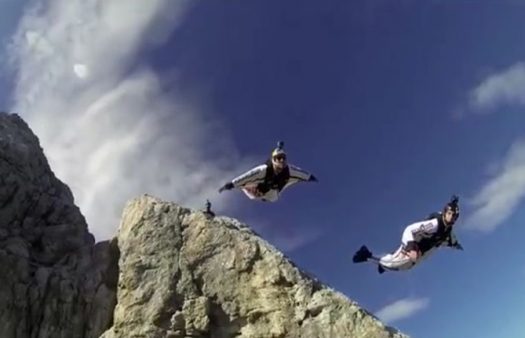
Mental strategies in extreme sports
The psyche is important in every sport, but extreme sports are distinguished by a high risk of an accident, also fatal. How do people who practice such sports deal with this threat and what mental techniques do they use to achieve success?
Read more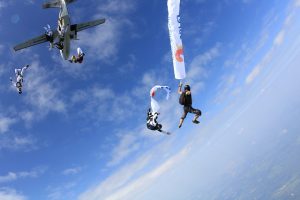
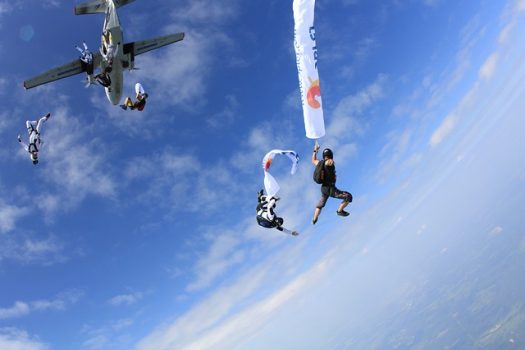
Not every skydiver is a risk taker
Skydivers are often perceived as thrill-seekers in need of high doses of adrenaline. This is confirmed by studies in which skydivers were compared to non-skydivers. However, another picture emerges from the study in which skydivers themselves were compared with each other.
Read more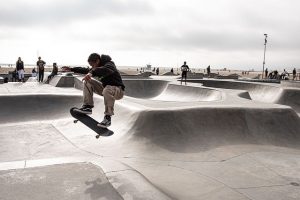

Risk through the eyes of risk takers
Talking with my skydiver friends, I got the impression that some of them do not appreciate the risk involved in practicing this sport, thinking that you can also harm yourself at home or walking along the street. This led me to wonder how generally people who engage in various risky sports approach the dangers associated with […]
Read more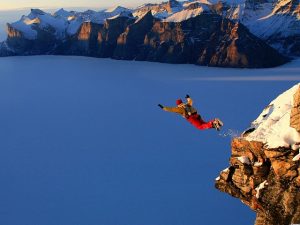

Personality in extreme sports athletes
The article presents the individual differences between athletes who practise extreme sports, not risky sports and those who do not practice any sport in the features belonging to five factor model of personality (ie. Big Five). To extreme sports researchers include any sport, which integral part is risk of serious injury or death, that is, inter alia, climbing, scuba […]
Read more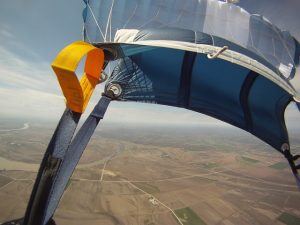

Skydiving prevents depression?
French scientists based on skydivers research published in 1999, found that sensation seeking can be an adaptive response to anhedonia, ie. an inability to experience pleasure. The creator of the theory of sensation seeking stated that the physiological basis of sensation seeking is the optimal level of arousal – in patients that achieve high scores in this scale […]
Read more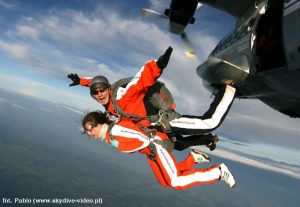

Time perception during tandem skydive
The stories of people who during traumatic events seemed that time slowed down or stopped are well known. There are not many scientific studies that investigate the issue, but several scientists investigated this phenomenon in the lab. They showed among other that while viewing a stressful film about a bank robbery, the respondents were under the […]
Read more
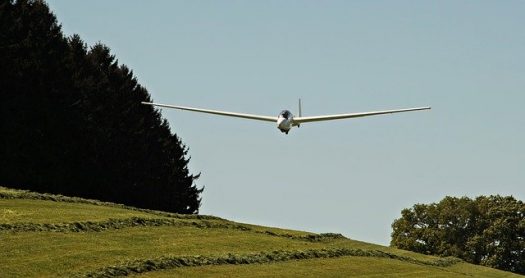
Emotions during the first parachute jump and glider flight
According to the Solomon’s theory Solomon negative emotions are followed by positive emotions because the nervous system seeks to compensate emotions and reach optimal level. The opposite emotion is formed slowly and lasts longer than its original state.
Read more